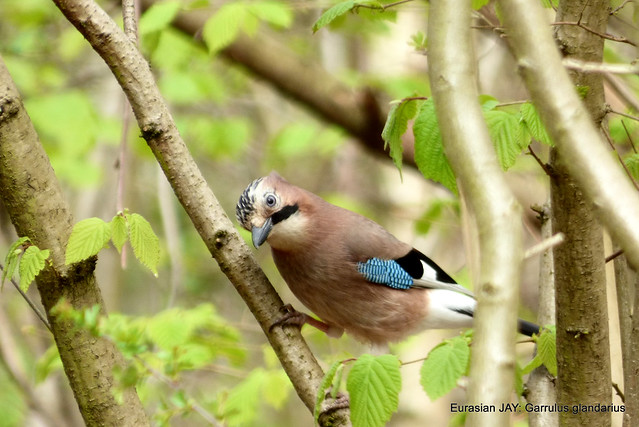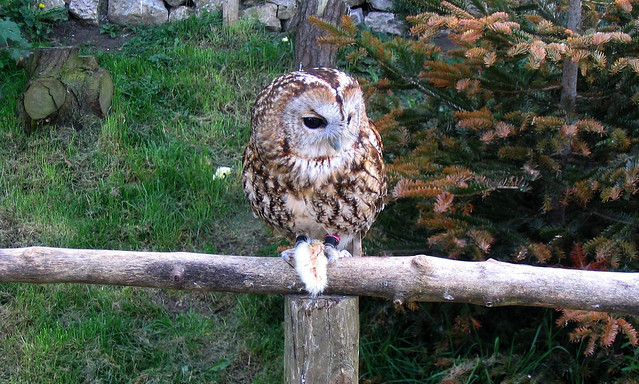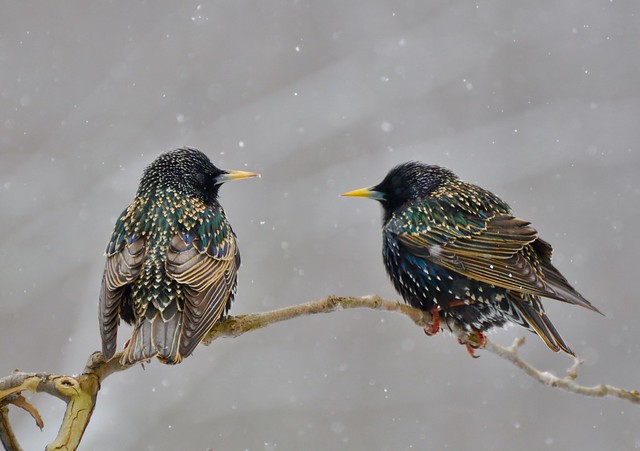Celtic words for (sea)gull, seabirds of the genus Larus or of the family Laridae.

Words marked with a * are reconstructions.
| Proto-Celtic |
*wailannā / *voilenno- = seagull |
| Old Irish (Goídelc) |
faílenn, foílenn = seagull |
| Irish (Gaeilge) |
faoileán, faoileog = gull, seagull
faoileán bán = common gull (Larus canus)
faoileán ceanndubh, faoileán an chaipín = black-headed gull (Chroicocephalus ridibundus)
faoileán droma duibh = greater black-backed gull (Larus marinus)
foillan scadán = (Larus argentatus) |
| Scottish Gaelic (Gàidhlig) |
faoileann [fɯːlən̪ˠ], faoileag [fɯːlag] = gull, seagull, common gull
faoileann-bheag = common gull
faoileann-dubh = black-headed gull
faoileann a’ chinn dhuibh = greater black-backed gull
faoileann-mhór = herring gull |
| Manx (Gaelg) |
foillan, foilleig, fooilleig = gull, seagull
foillan bane = common gull
foillan kione doo = black-headed gull
foillan saggyrt = greater black-backed gull
foillan skeddan = herring gull |
| Proto-Brythonic |
*gwuɨlann = seagull |
| Middle Welsh (Kymraec) |
gwylan = seagull |
| Welsh (Cymraeg) |
gwylan [ˈɡʊɨ̯lan / ˈɡʊi̯lan] = sea-gull, sea-mew; fair maiden; glutton
gwylan gyffredin = common gull
gwylan goes goch / gwylan benddu = black-headed gull
gwylan gefnddu = greater black-backed gull
gwylan y penwaig = herring gull |
| Old Cornish |
guilan = seagull |
| Cornish (Kernewek) |
golan [ˈɡoːlan / ˈɡʊlɐn] = gull, seagull
gwylan gemyn = common gull
skraw / skrawik / scraw = black-headed gull
gwylan keyn du = greater black-backed gull
gwylan hern = herring gull |
| Old Breton |
guilann = seagull |
| Middle Breton |
goelann = seagull |
| Breton (Brezhoneg) |
gouelan [ˈɡweːlãn] = seagull
gouelan loue = common gull
gouelanig maskl du = black-headed gull
gouelan bras = greater black-backed gull
gouelan gris = herring gull |
Etymology: thought to be from the Proto-Indo-European *wáy (oh! ah! woe! alas!), possibly related to *waylos (howler, wolf) [source].
The English word gull comes from the Middle English gulle (gull, water bird) and is thought to have been borrowed from a Brythonic language (Welsh or Cornish) [source].
The French word goéland (gull, herring gull) comes from the Breton gouelan [source].
Note: the types of gulls mentioned here are commonly seen in Celtic-speaking areas. Other gulls are available.
Here’s a song I wrote in Manx and English about seagulls and their love of chips: Spollagyn son tey / Chips for tea

Sources: Wiktionary, Etymological Dictionary Of Proto Celtic, In Dúil Bélrai English – Old Irish glossary, eDIL – Electronic Dictionary of the Irish Language, Teanglann.ie, Am Faclair Beag, An etymological dictionary of the Gaelic language, Fockleyreen: Manx – English Dictionary, Online Manx Dictionary, Gaelg Corpus, Geiriadur Prifysgol Cymru, Lexicon cornu-britannicum : a dictionary of the ancient Celtic language of Cornwall, Gerlyver Kernewek, Devri : Le dictionaire diachronique du breton, Dictionnaires bilingues de Francis Favereau / Edition Skol Vreizh, TermOfis











